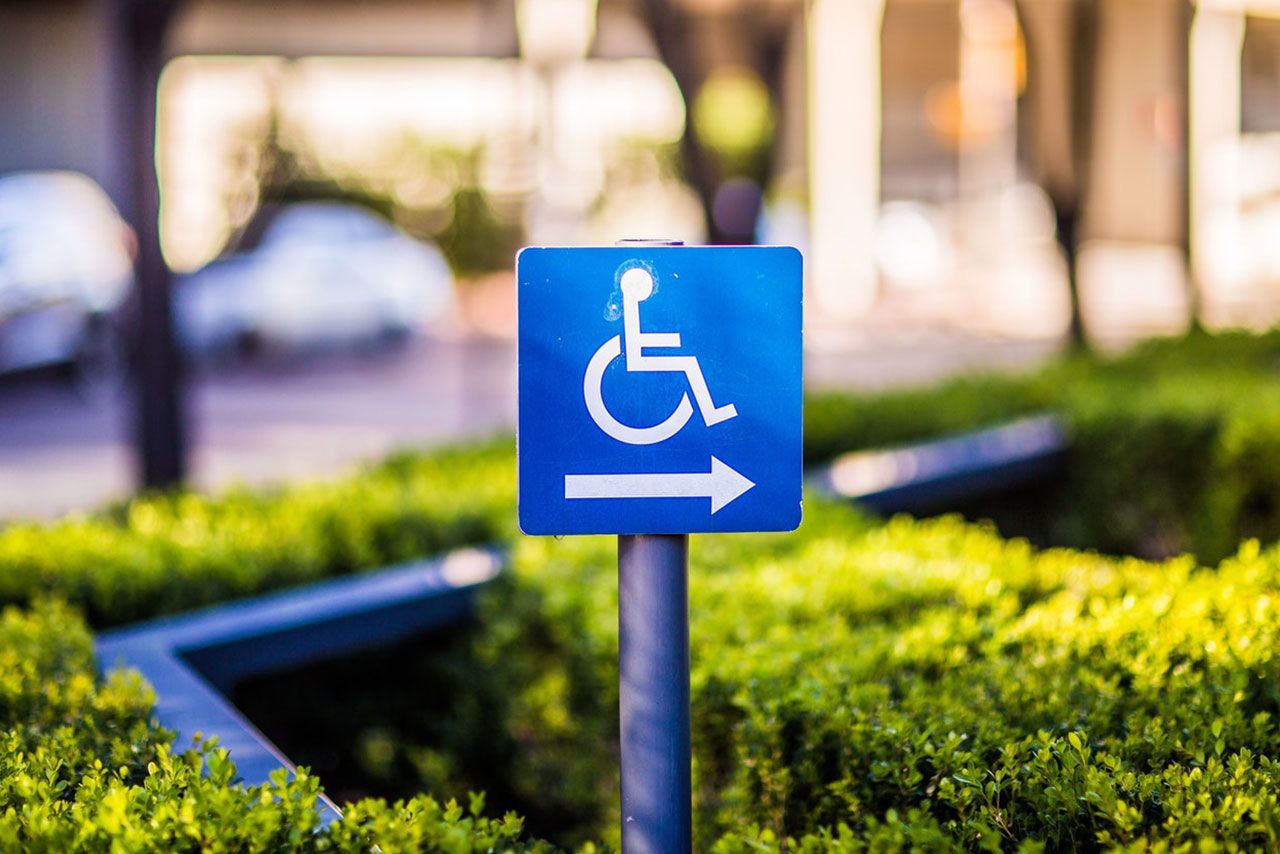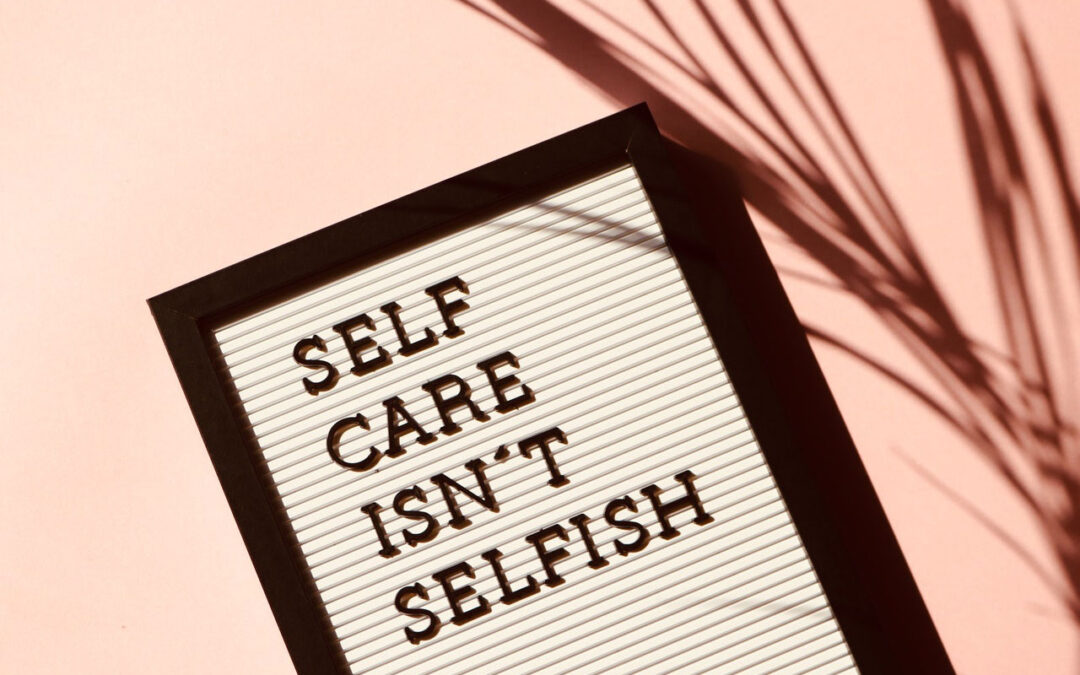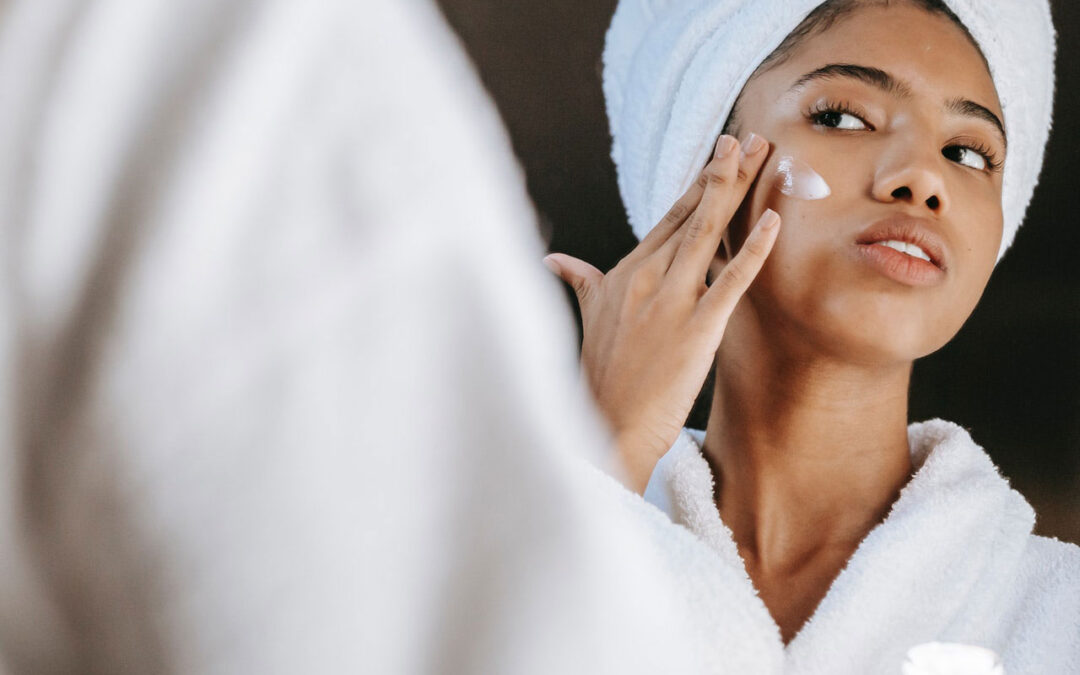
Easing Anxiety After COVID Lockdown
Everyone has some form of anxiety after the COVD lockdown. For some it’s major and for others it’s a minor inconvenience to your life. Especially after the COVID-19 pandemic, anxiety levels are high, with just about everyone becoming increasingly anxious about the post-vaccinated future. What will life look like now those most vulnerable have been vaccinated? Whatever questions you may have, spoken or unspoken, lockdown has been a rough ride for all of us and, by no means, is it over.
However you managed to pull through, well done. In fact, well done to whoever is reading this right this second because you’ve been through hell and back, but you are sitting here, reading up on how to look after yourself. That’s a double win. Keep going. But, anxiety as we re-enter workplaces is bound to be high. Indeed, anxiety as we re-enter the world in general is bound to be high. Grown into an age of socially anxious, anxiously disordered minds, there must be ways to get through this and learn to survive again.
Lockdown Anxiety
Over lockdown, even once, you must have thought ‘when will this end?’, ‘is it safe to even go to the supermarket?’, ‘did I wash my hands properly?’. Either way, for people who had never had anxiety before the pandemic, definitely experienced it during. However, those who were already suffering beforehand, trust me, this year has been a tough one. Lockdown was not a safe place. It was safe in terms of a lack of people, therefore a lack of social anxiety bubbling up to the surface, but it left you alone with your thoughts. After the novelty of not having to speak to anyone wore off, loneliness struck. But, not being able to do anything about it only encouraged us to sit in our loneliness further. As time drew on, the fear of going outside and bumping into someone (that you may have known or not known) was a real one.
Generalized anxiety disorder sufferers- lockdown was not the one for us. No longer having a plethora of external stimuli to work with, your mind went to anyone and everything around you to look for worries. Claustrophobia is the one word that comes to mind when I relive it.
Keeping structure out of lockdown
As we start to come out of lockdown, and re enter our offices (for help on marketing for your business talk to Joey Armstrong), consider what made you feel safe during. For example, when in lockdown were you at your most peaceful, or happy? Who were you with? Who weren’t you with? Consider all of these environmental stimuli, and recreate it. If you were with a friend, or a partner, or a family member, when you felt your most calm, call them at a fixed time every day, or week. Meet them for a coffee. Did you enjoy those daily walks where you could get out of the house for half an hour and just walk? Keep walking! Keep doing those daily walks.
There are so many ways in which to safely ease yourself out of lockdown, especially for an anxious mind.





